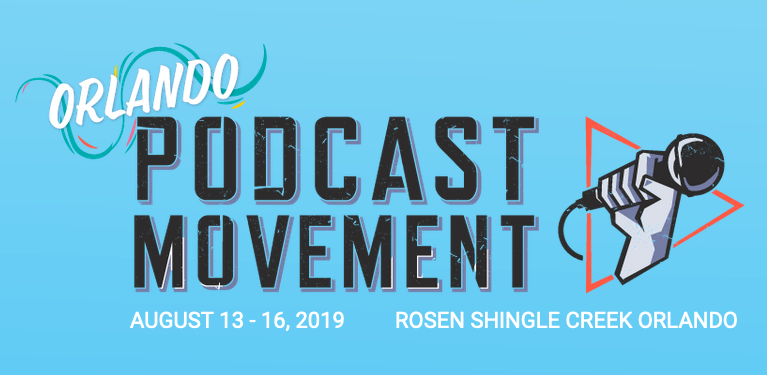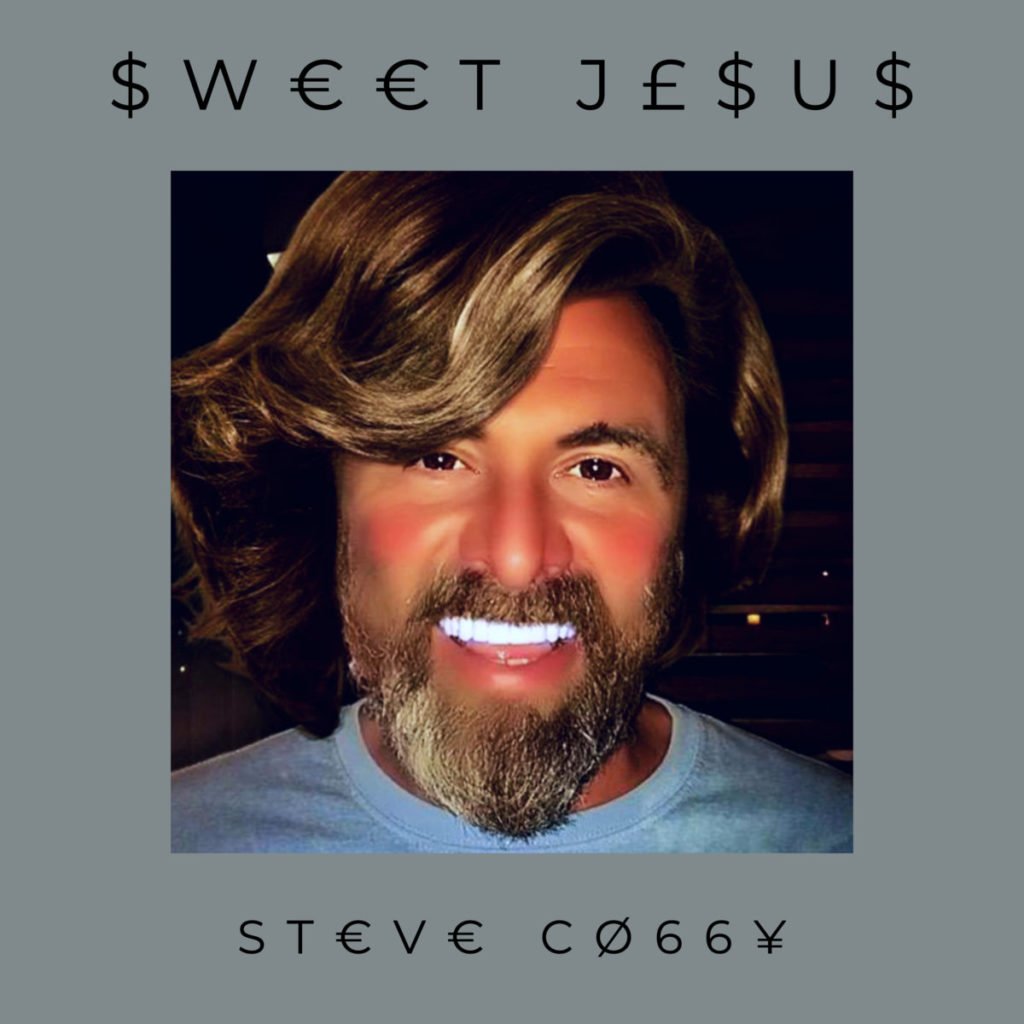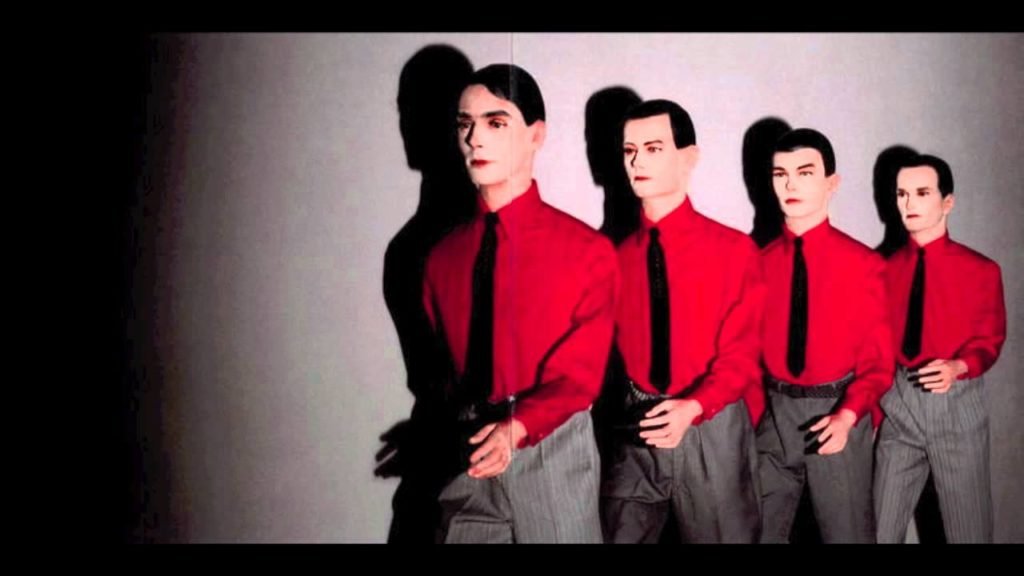Craig Snyder has launched a blog and one of the first posts has terrific observations on forming a community around a creative project:
So you want to build a community? Be human. Talk
with your fans. The beauty of a community is that they start small. So it doesn’t matter if you have 10 listeners or 500. But your goal should be to grow your community. How do you do that?
You talkwith them. You get to know them. You ask them to invite their friends that will also like your music/podcast. You don’t need any membership sites to do this. Invite them to email you. Or chat with you after a performance.
Craig recommends that performers meet fans at the merch table. That’s how I met Mike Watt circa 1987. I wrote him a few letters over the previous year — which he responded to — and I let him know I’d be at the fIREHOSE show in Baton Rouge. I found Watt at the table hocking his band’s shirts and shyly introduced myself. He yelled my name and gave a warm bear hug. Then, the next surprise: he was hungry and asked if I’d like to have a snack with him at the restaurant next door. Just me and Watt, talking about life and music over french fries for thirty minutes before the show.

That experience solidified my Mike Watt fandom. And I’ve repeatedly run into him at his shows over the years and he was always generous. The last time I saw Watt, a couple of years ago, he didn’t remember me. Understandable as I was just ‘a kid at the gig’ and it had been over a decade since our previous encounter. But he still put me in a warm bear hug, just like the first time we met.
However, the point isn’t that you can only attract fans for life by inviting them to dinner or giving bear hugs. But these experiences, including others that Craig mentions in his article, do have an essential element in common: surprise.
An unexpected gesture goes a long way toward building a bond with an audience. For a touring band, this could be meeting fans at the merch table, or enjoying the opening band with the audience1I was watching the opening band at that fIREHOSE show, after the fries, and Watt wandered in and stood next to me. “Great band!” he yelled as he shook his fist in the air to the rhythm. It could be inviting people on the mailing list to the show with a personal email or postcard, or even pulling out an unexpected cover song that the group rarely plays. Think of actions that will create surprises, both one-on-one with individual fans and to an entire audience at the show. Not only do these experiences make fans feel special and members-of-the-club, but they also create stories told to future fans.
Thinking in terms of ‘the surprise’ allows non-touring acts to participate, too. If you don’t do shows, what are ways that you can surprise your listeners? Know that it’s tough to be surprising on social media — that’s by design — so think outside of Facebook and Instagram posts.
Your mailing list is a powerful instrument of surprise, whether you’re touring or not. Gather physical addresses in addition to email and send fans out-of-the-blue postcards or stickers or other trinkets. Make sure you personalize everything with a short note or autograph. Random personal email messages work, too, but make them fun and mysterious. Invite fans to private live hangouts with only an hour’s heads-up. Send them to secret websites to download unreleased music or videos — and (poof!) the site is gone the next day. Keep your fans on their toes and they’ll remain engaged.
How about a birthday text message, or a pre-show scavenger hunt, or an unannounced stream of a practice session? The surprise is fun, and it’s organic. Thankfully, the surprise doesn’t rely on social media or paying publicists. And the surprise can be simple and remain special. Mike Watt once surprised me with a bear hug, and I joined his community of fans. That’s as simple and special as it gets.
PS – Check out Watt’s new project with Graham Lewis of Wire … it’s called FITTED and it sounds great.







